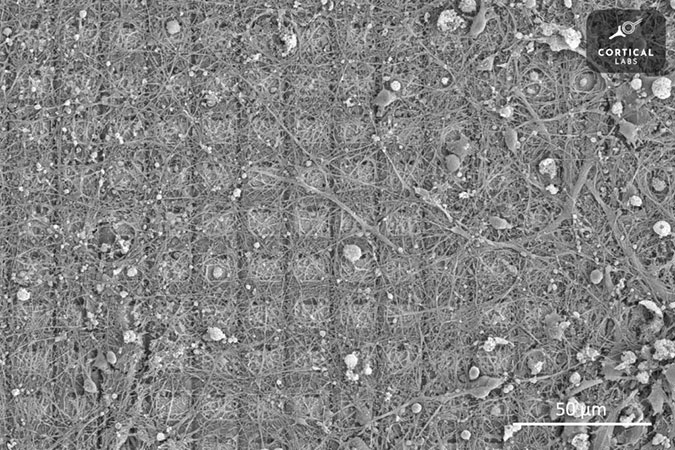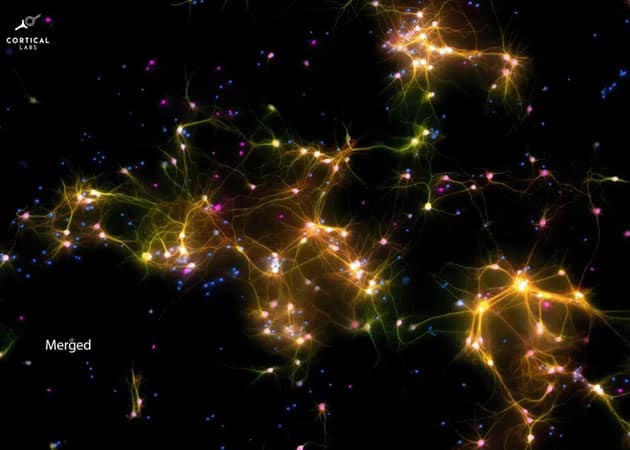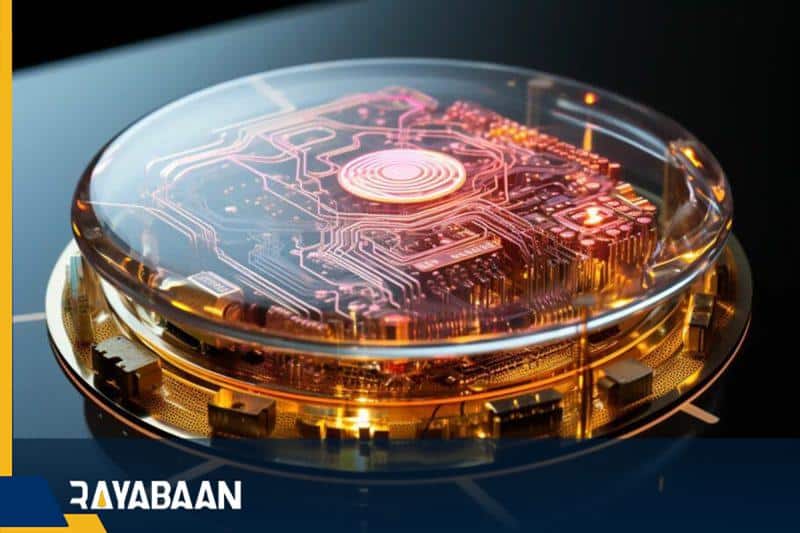Computer chip with human brain tissues receives military funding
A big step in the development of semi-biological computer processors
Last year, scientists at Australia’s Monash University created DishBrain. DishBrain is a semi-biological computer with about 800,000 human and mouse brain cells grown in a laboratory inside its electrodes. With something like perception, this computer chip was able to learn to play pong in five minutes.
DishBrain’s microelectrode array had the ability to read activity inside the brain and stimulate them with electrical signals. The scientists were able to design a version of pong in which an electrical stimulus was fed to brain cells that reflected the location of the ball on the screen and its distance from the racket. They let the brain move the racket.
Using the fact that small clumps of brain cells minimize the unpredictability of their environment, they created a simple reward system. If the racket hit the ball, the cells would get a good, predictable stimulus. But if he missed the ball, the cells were given four seconds of unpredictable stimulation.

This was the first time that laboratory brain cells were used in this way. They not only received a feeling from the world, but they had to act on that feeling.
The results were astonishing.
Military funding for a semi-biological computer
This research was so interesting that it has now received a budget equal to 407,000 US dollars from the Australian National Intelligence Organization.
Project leader Adeel Razi says a semi-biological computer combined with artificial intelligence could in the future outperform existing all-silicon hardware.
It could revolutionize the fields of programming, robotics, advanced automation, brain-machine interfaces, and drug discovery.

DishBrain’s advanced learning capabilities could usher in a new generation of machine learning. Especially in combination with cars, drones, and automatic robots. This could give them a new machine intelligence that will be able to learn throughout their lifetime.
Semi-biological computer technology promises machines that can learn new abilities, adapt to changes, and apply prior knowledge in new situations without questioning past machines.
Razi and his colleagues will use this funding to develop artificial intelligence machines with the ability to learn biological neural networks. This will help advance the capacity of these hardware and methods to the point where they can become an alternative to silicon processing.

